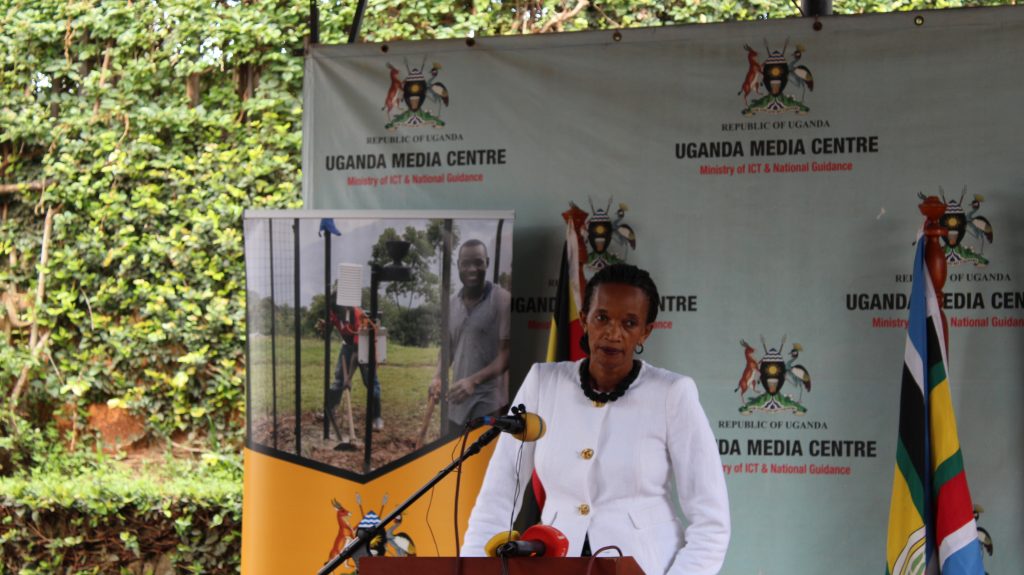In a press statement issued on March 23, 2023, while speaking to the press at the Uganda Media Centre, Minister of State for Relief, Disaster Preparedness, and Refugees, Hon. Esther Davina Anyakun, encouraged Ugandans to be aware of the potential consequences of the March, April, and May 2023 rains.
According to the Uganda National Meteorological Authority’s (UNMA) March 2023 weather prediction report, the country should expect near normal rainfall in most parts of the country and above normal in some areas of the Rwenzori, Kigezi, Central, and Lake Victoria Basin.
According to the Minister, the country should expect disaster impacts such as flooding and water logging in low-lying areas, landslides and mudslides, as well as increased soil erosion in highland areas, and increased incidences of crop pests and diseases such as Fall Army, as well as water-related diseases such as cholera, typhoid, dysentery, and malaria. According to her, these are likely to destroy property, agricultural lands, and crops, among other things.
However, the Minister stated that the Ugandan government has set strategies in place to combat or mitigate the risks and effects of disasters.
These include resettlement programs in Bulambuli to relocate households, collaboration with regions and district disaster risk management teams to ensure regional dissemination of the March, April, and May seasonal weather forecasts, as well as warning information via community radios, and implementation of the Cash Transfer Program with Givers.
“OPM has acquired relief food items for distribution to communities that will be impacted by disasters during the March, April, and May season in the districts of Bududa, Manafwa, Sironko, and Namisindwa,” Hon Anyakun stated.
“Other individual and community-level strategies include relocating families to safer areas, installing lightning conductors, planting trees, avoiding flooding areas, and promoting good sanitation and health practices in communities to avoid diarrheal diseases such as Cholera and Dysentery,” she added.
The Minister urged districts to send early warning messages to vulnerable communities so that they can understand the risks they are likely to face. She stated that this will help build capacity for individuals, communities, and institutions to reduce risk and enhance greater resilience, to activate district contingency plans, and to clear drainage channels in urban areas, particularly in areas where flash floods are common.
